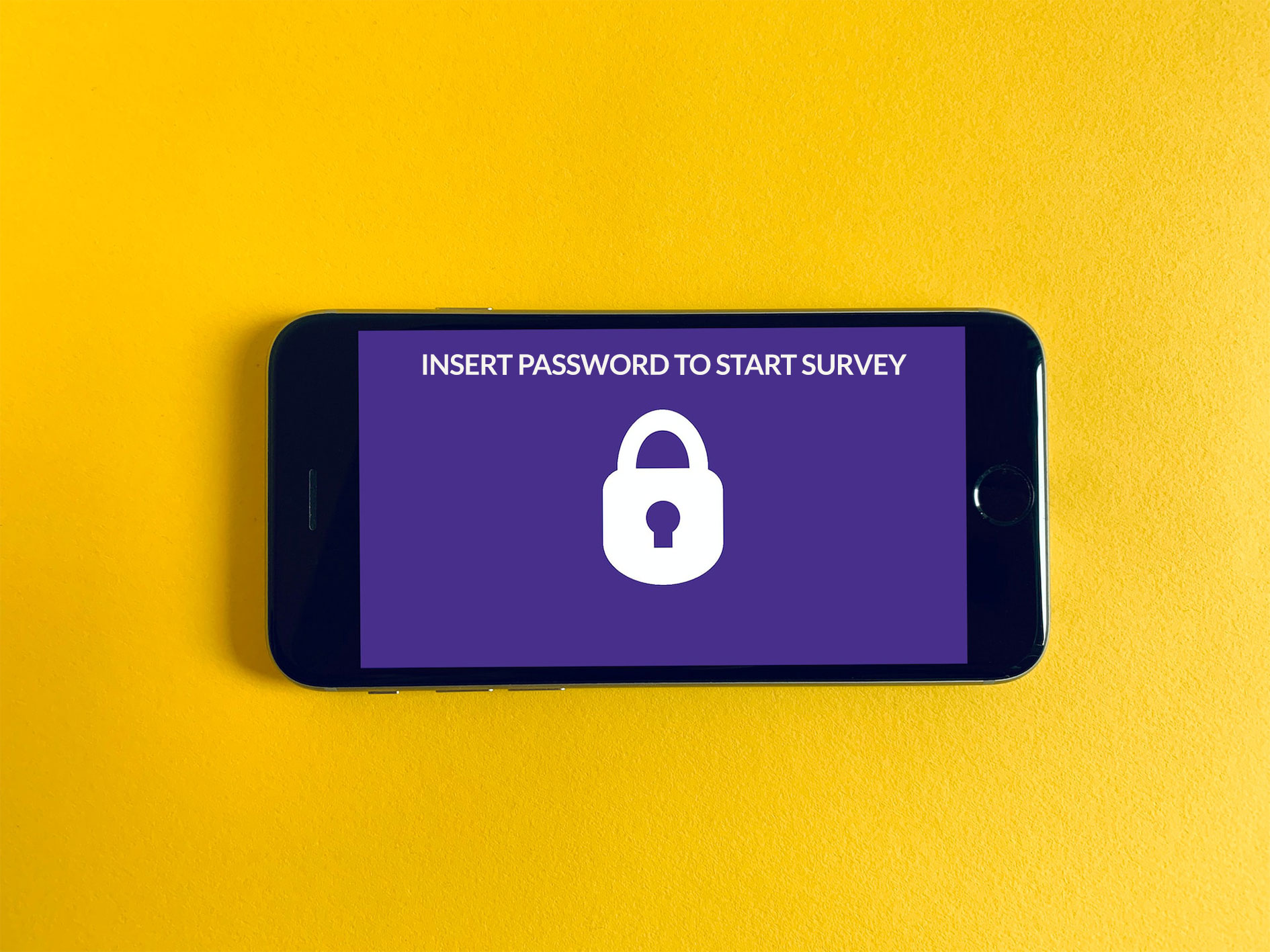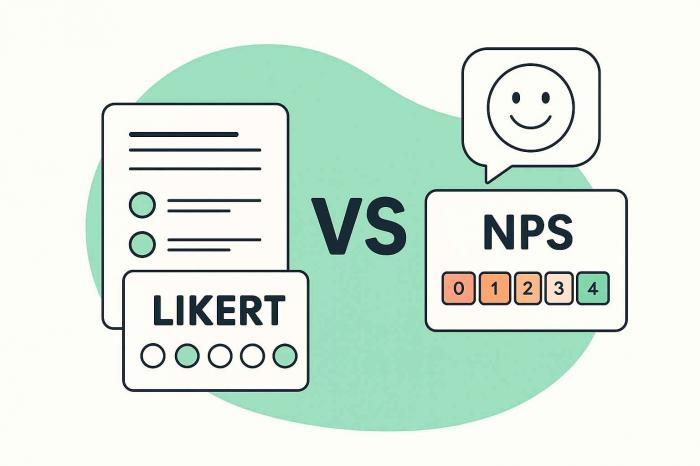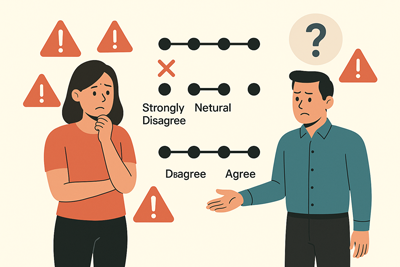Best online survey security methods
 In this digital age, online surveys have become an increasingly popular way to gather valuable insights from individuals and groups around the world. However, with the ease and convenience of conducting surveys online comes the risk of compromising sensitive information, such as personal and financial data. This is why online survey security has become an essential concern for individuals and organizations.
In this digital age, online surveys have become an increasingly popular way to gather valuable insights from individuals and groups around the world. However, with the ease and convenience of conducting surveys online comes the risk of compromising sensitive information, such as personal and financial data. This is why online survey security has become an essential concern for individuals and organizations.
Whether you are conducting market research, academic studies, or customer feedback surveys, understanding online survey security is crucial for protecting the privacy and security of all involved.
In this blog post, we will discuss the importance of online survey security and provide actionable tips for ensuring the safety of both survey creators and respondents.
What is online survey security?
Online survey security refers to the measures put in place to protect the integrity, confidentiality, and availability of data collected through online surveys. It involves the use of various technologies, protocols, and procedures to prevent unauthorized access, theft, alteration, or destruction of survey data.
Why you should secure a survey
Protecting Personal Data:
Online surveys can sometimes ask for personal information such as names, addresses, and phone numbers. Without proper security measures in place, this information can be accessed by unauthorized individuals and used for malicious purposes such as identity theft. For example, in 2017, a data breach at a major credit bureau compromised the personal information of millions of individuals who had filled out credit applications online.
Preventing Response Bias:
Online survey security is important not just for protecting personal information, but also for preventing response bias. If respondents don't trust that their information will be kept confidential, they may be less likely to participate in surveys or may provide inaccurate responses. This can skew the results and make them less useful for businesses and organizations.
Complying with Regulations:
In many industries, there are regulations governing the collection and storage of personal information. For example, the General Data Protection Regulation (GDPR) in the EU requires businesses to obtain explicit consent from individuals before collecting their personal data. Failing to comply with these regulations can result in fines and damage to a company's reputation.
Ensuring Confidentiality:
In some cases, online surveys may ask for sensitive information such as medical history or financial data. Without proper security measures, this information can be accessed by unauthorized individuals and used for nefarious purposes. For example, in 2020, a healthcare provider in the US was fined for failing to adequately secure patient data collected through an online survey.
Maintaining Trust:
Ultimately, online survey security is important for maintaining trust between businesses/organizations and their customers/participants. If individuals don't trust that their information will be kept safe, they may be less likely to participate in future surveys or do business with the company/organization. By prioritizing online survey security, businesses/organizations can demonstrate that they value their customers/participants and take their privacy seriously.
How to secure a survey
Some common security measures that are used to ensure the safety of online survey data include
Use Captcha:
Use a captcha to prevent bots and spam from accessing and completing the survey. This can also help prevent multiple submissions by the same person.
Use of Password:
A password can be used to secure an online survey by limiting access to only those who have the password. This can help prevent unauthorized individuals from accessing and completing the survey, which can ensure the accuracy and validity of the data collected.
Authentication and Authorization:
Ensuring that only authorized individuals have access to the survey data by requiring user authentication and permission-based access control.
Use the Facebook Connect option:
This means that respondents have to log in using their own Facebook account, or else they can’t access the survey. This way you are sure that respondents are not impersonated and are in control of their responses.
Use HMAC-SHA1 Security:
This is a cryptographic security mechanism that is used to ensure data integrity and authenticity. It helps to protect surveys by ensuring that the data submitted by respondents is authentic and has not been tampered with. It also helps to prevent unauthorized access to the survey data by ensuring that only authorized respondents who have access to the secret key can submit responses.
Enable SSL Security:
When SSL is enabled, all data transmitted between the respondent's browser and the survey server is encrypted and secured against interception by unauthorized parties. This includes any personal or sensitive information that the respondent provides, such as their name, email address, or other identifying information.
Firewall Protection:
Implement firewalls to protect survey data from unauthorized access, hacking, or other malicious attacks.
Regular Monitoring:
Continuously monitoring survey data to detect and respond to any potential security threats.
Compliance with Data Protection Laws: Ensuring that online surveys are conducted in compliance with applicable data protection laws and regulations, such as the General Data Protection Regulation (GDPR) in the European Union.
By implementing these security measures, organizations can help to safeguard the privacy and confidentiality of survey participants, protect against data breaches, and minimize the risk of fraud or other security breaches

